Local Urban Planner Dan Reed Speaks at MC
Dan Reed speaks to MC students about urban planning issues.
Dan Reed, a local writer and urban planner who grew up in the county, spoke last week at MC about how he believes cities can save the world.
The county wants to eliminate all greenhouse gas emissions by 2035 and driving is one of the biggest sources of emissions, he said.
In order to reduce greenhouse gas emissions, people need the ability to not have to drive everywhere, which means creating more urban places, Reed said. Population is growing in the county in areas with transit where people don’t have to drive, he said.
He provided the Kentlands neighborhood in Gaithersburg as an example of “new urbanism.”
The neighborhood is mixed use, meaning shopping and housing are located together, instead of separated into shopping centers and residential neighborhoods. Parking is located in the back of houses and more space is devoted to public areas like parks, instead of parking lots and front yards, he said.
Neighborhoods with mixed types of homes (single-family, townhouses and apartments) are more integrated economically, he said.
Reed also mentioned Downtown Silver Spring, Bethesda and Rockville as places that are becoming “more awesome” to go.
In order to make the county more similar to places like this, transportation projects like the Purple Line, bus rapid transit and bike infrastructure need to be implemented, he said. The Purple Line is a new rail line currently under construction that will connect Bethesda, Silver Spring, College Park and New Carrollton.
Reed discussed the history of the county’s development to its current state. After World War II, the county’s population grew very quickly and many shopping centers and highways were built. At the time, there were weak environmental protection laws, so this kind of development was not good for the environment, he said. Many of the streets in the county were originally designed for cars, not pedestrians, Reed said.
Many people who moved to the county during this time were leaving DC. Neighborhoods were separated by income levels and race, and there were discriminatory laws about who you could sell your house to, he said. Although there are no longer segregation laws, racial disparities are evident in school demographics for MCPS.
It is difficult to build new urban places due to zoning laws, Reed said; things that could have been built in the past are no longer legal due to current zoning regulations.
Reed also mentioned that people want their neighborhoods to remain the same — in this case, suburban. Sometimes residents will use the environment as an excuse to prevent new development, he said.
Reed asked the audience to consider where power sits in the places they live and ended his talk with suggestions for what people can do if they want to change their communities. Paying attention to local news, talking to neighbors about zoning, speaking out at public hearings, writing to local officials and voting in local elections are all ways that county residents can influence the future of where they live, work and go to school.
Professor Tori Schneider offered extra credit to her students for attending the talk, so most of the audience comprised of her students. Slightly over 30 people came to hear Reed’s presentation.
You can see Reed’s writing on these topics at his blog and Greater Greater Washington.


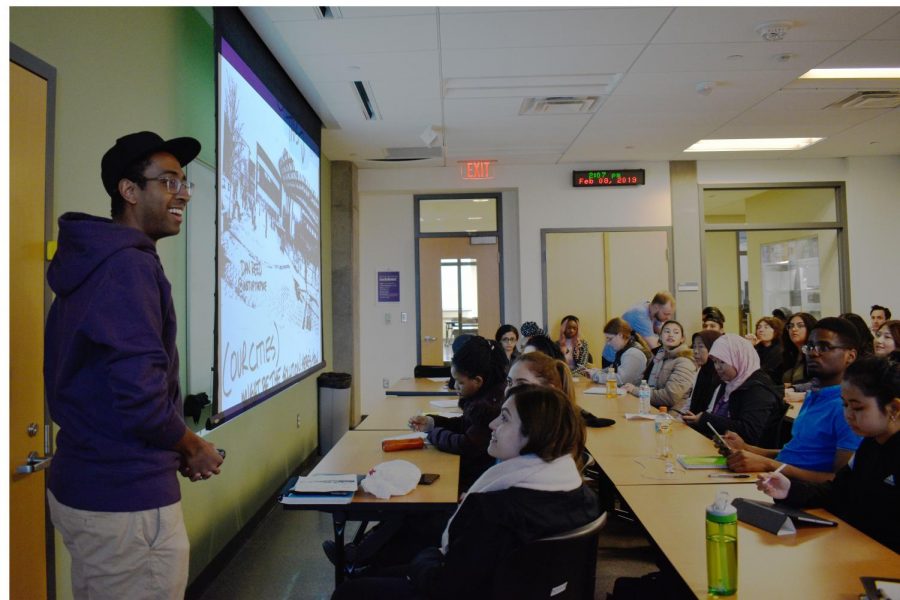
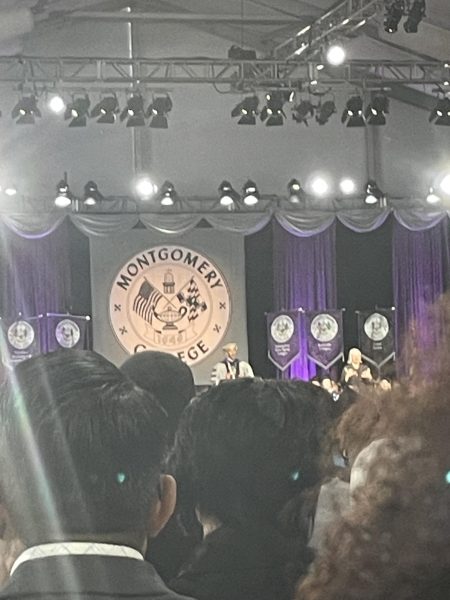

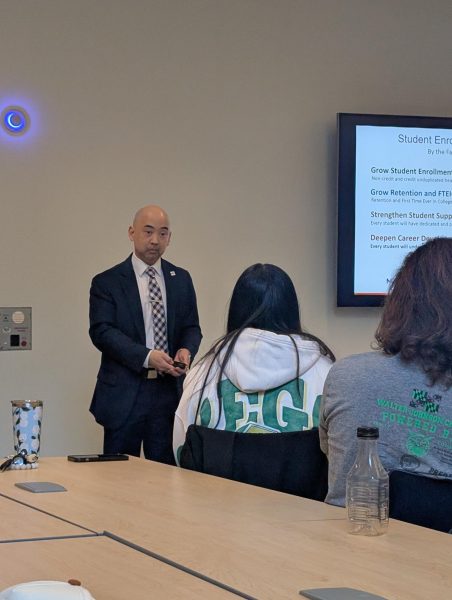
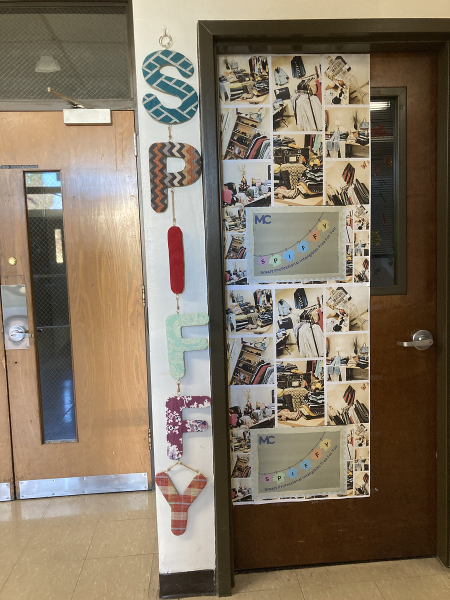
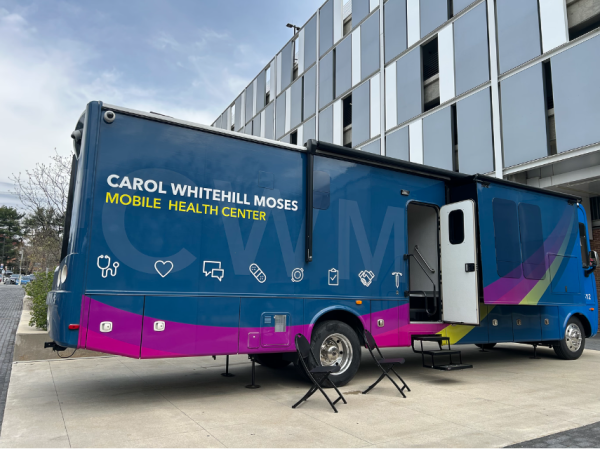
Ralph Bennett • Mar 15, 2019 at 11:56 am
If Dan endorses your summary, Rachel, you should be proud – and his message is terrific.
It’s also helpful to remember that suburban growth after WW2 was fueled by (then) cheap land, cheap gas, and the GI Bill which gave cheap mortgages to vets, favoring single family, detached houses – which builders were happy to provide in quantity.
See also Dead End, Suburban Sprawl and the Rebirth of American Urbanism, by Ben Ross (County resident, too).